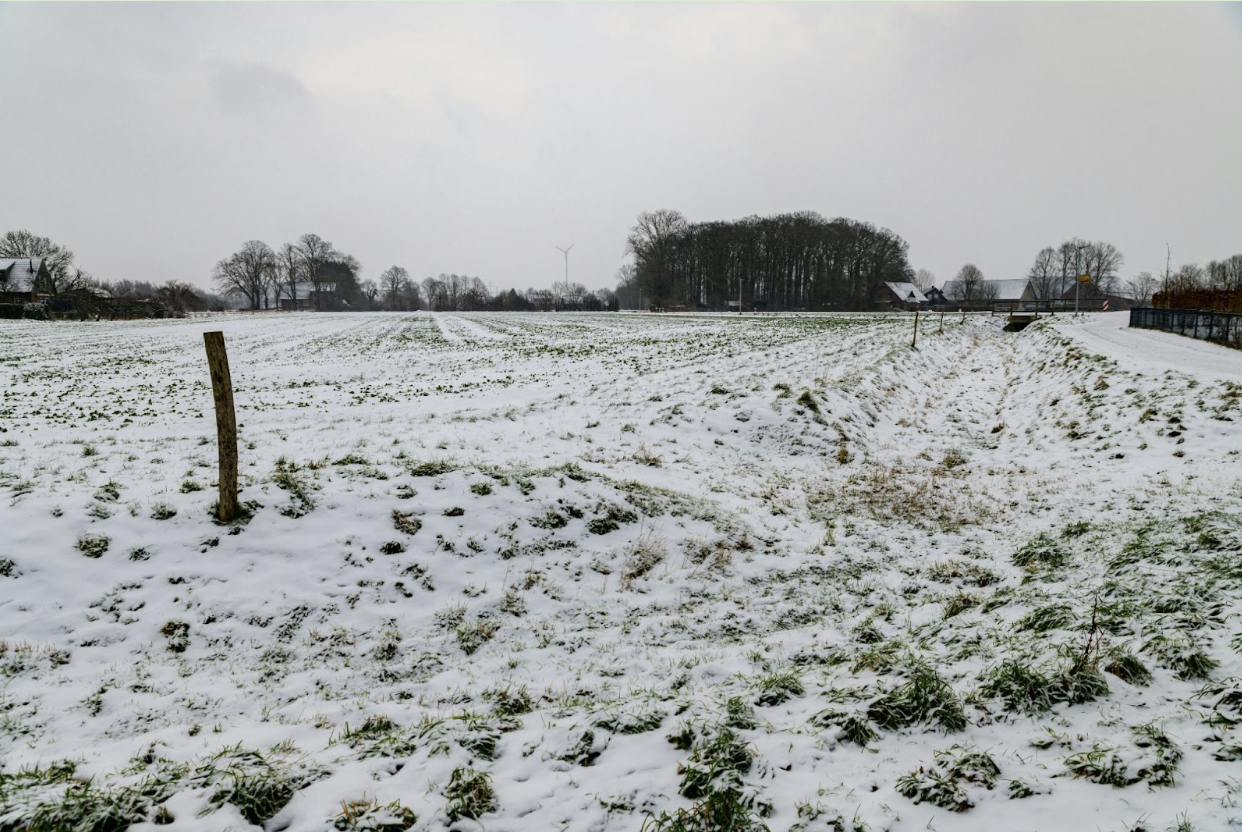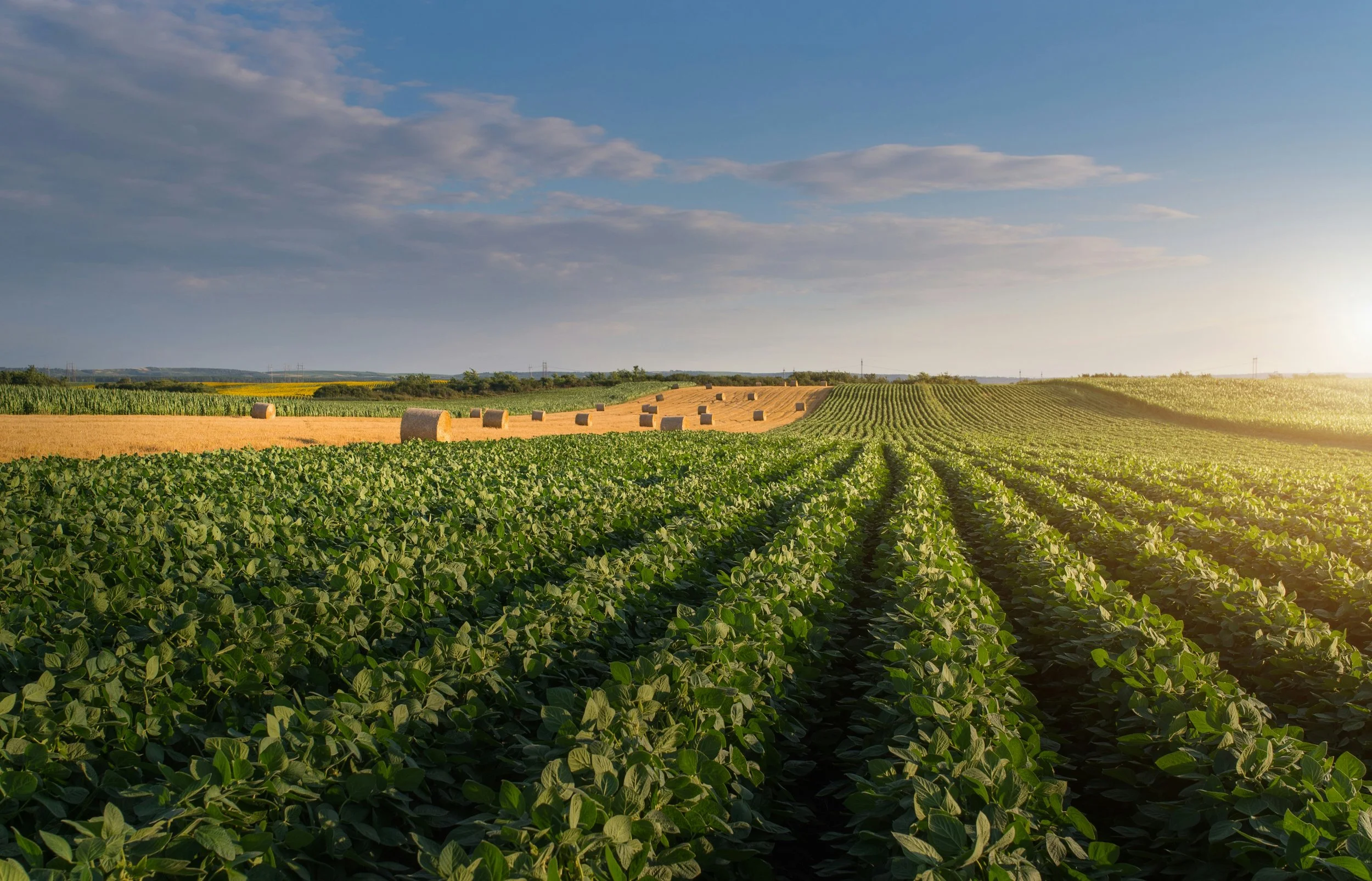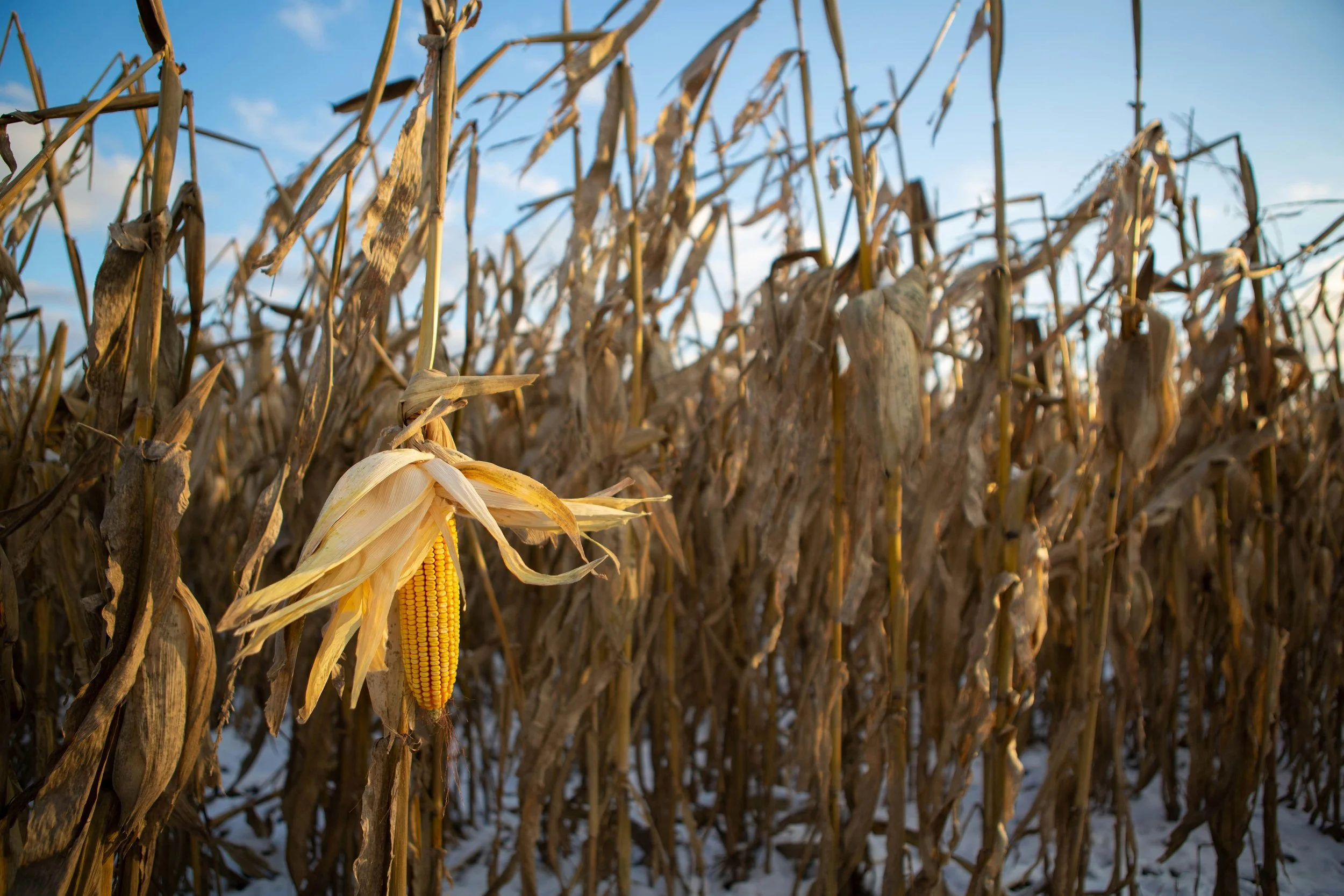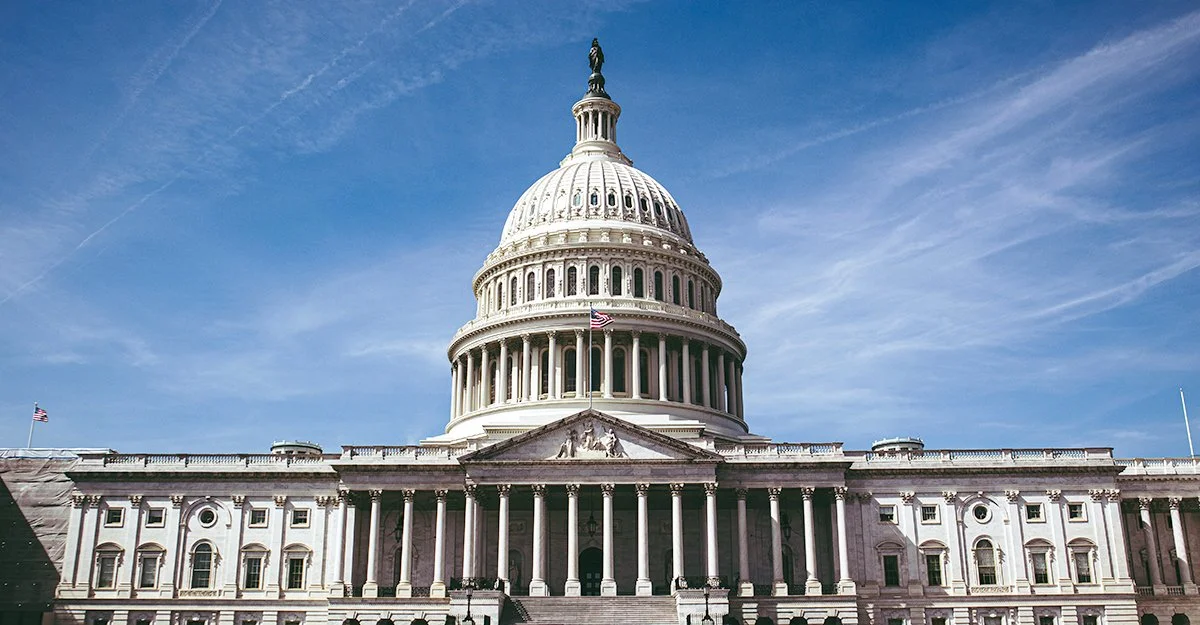Posts: All | Policy | Risk & Resilience | Education | Newsletters | Events & Announcements
On Friday, February 13, 2026, House Agriculture Committee Republicans released the text of the Farm, Food, and National Security Act of 2026, a draft of the long-overdue farm bill that has the potential to significantly shape US agriculture, conservation, funding, and research policy for the next five years. What follows is a brief summary, organized by Farm Bill Title, of key sections impacting soil health and resilient agriculture systems.
Complete this Google Form to sign on to the Letter of Support for the SOIL HEALTH Practices Act.
The letter advocates for USDA to oversee research on the risk reduction associated with cover cropping, reduced tillage, diversified rotations, managed grazing, and other soil health practices over a 3-5 year timeline. If the research indicates reduced risk, USDA would be required to recommend appropriate discounts or incentives for producers.
We commend FCIC for expanding eligibility through the EARP Rule and encourage continued efforts to make crop insurance resources accessible to all producers. We appreciate the opportunity to provide these recommendations and stand ready to support FCIC in strengthening risk management tools that serve farmers nationwide. Land Core believes that federal crop insurance is a cornerstone of a modern agricultural economy and the farm safety net. By shifting incentive structures, farmers can build resilience, taxpayer costs can be reduced, and we can realign financial incentives with land management practices that protect both farm profitability and our nation's food and national security.
Dear friends and colleagues,
As we’ve progressed toward the end of the calendar year, Congress continued to introduce (and reintroduce) a range of agricultural bills with implications for soil health. While the longest government shutdown in U.S. history slowed the regularity of presented legislation in October and November, as evidenced by the number of new marker bills introduced in this area, bipartisan support for soil health-focused legislation remains consistent.
Following the longest shutdown in the history of the United States federal government, a long-awaited and highly debated funding package, the Continuing Appropriations, Agriculture, Legislative Branch, Military Construction and Veterans Affairs, and Extensions Act, 2026, was signed into law on November 12, 2025.
The legislation provides a full year of agriculture and FDA funding for FY26 Appropriations, along with a one-year extension of the 2018 Farm Bill, in lieu of the long-overdue five-year farm bill. The bill makes significant funding adjustments for key agricultural agencies and programs, many at lower levels than Land Core’s prior recommendations to strengthen support for soil health.
Dear friends and colleagues,
Throughout the summer, Congress continued to introduce (and reintroduce) a variety of agricultural legislation with both direct and indirect implications for soil health. While tensions between political parties grew following the signing of President Trump’s One Big Beautiful Bill into law on July 4, 2025, bipartisan efforts to advance soil health-focused legislation remained ongoing.
Land Core previously identified four key policy recommendations in response to the Make Our Children Healthy Again: Assessment released on May 22, 2025. We noted that any public policy to address the chronic disease crisis and increasing nutrition insecurity should consider the soil from which food is grown.
The connection between soil health and human health plays a pivotal, but often overlooked role in a wide variety of systemic health problems. A robust and growing body of evidence shows that biologically active, nutrient-rich soils yield more nutrient-dense foods, optimally supporting human health and development, while simultaneously building resilient food production systems. Any public policy to address the chronic disease crisis and increasing nutrition insecurity should consider the soil from which food is grown.
The reconciliation bill, which includes major changes to spending, taxation and the national deficit, also makes major adjustments to agriculture policy and programs, with the Congressional Budget Office estimating an additional $66 billion increase in farm program spending over 10 years.
The 119th Congress has continued to introduce (and re-introduce) a range of agricultural legislation with both direct and indirect implications for soil health. While the overall pace of bill introductions has moderated slightly, there is evidence of growing momentum around shared priorities such as strengthening the resilience of farming communities and expanding economic opportunities for farmers through the expansion of precision agriculture and conservation practices.
At Land Core, we understand that healthy soil is more than an agricultural asset—it’s also a public health imperative. While our work has long emphasized the critical role of soil in building resilience and agricultural viability for our producers, we are equally clear that it plays a foundational role in supporting the health of our communities.
It’s been a very busy year thus far, with our team adding many new bills and several pieces of reintroduced legislation from the previous Congress. This indicates not only continued support for soil health but a commitment to carry over and continue the groundwork laid in preparation for the overdue Farm Bill.
Explore the archive of our bill tracker alerts, which provide regular updates on soil health legislation in Congress.
Land Core will be expanding its engagement with HHS in the years ahead, supporting the individuals and institutions working to ensure that this emerging soil-centered vision is meaningfully implemented. The potential to reshape national health outcomes through improved food systems grounded in soil health is significant and deserves serious attention.
Although Land Core is focused specifically on the soil health and the importance of supporting US agriculture in ensuring that we have the ability to independently grow the healthy foods, fibers, and fuels that we need to thrive as a nation, there is an undeniable correlation between the crops grown in healthy soils (vs degraded soils) and the health and well-being of those who consume them.
Land Core is pleased to provide input on NRCS’s commitment to improving Conservation Practice Standards (CPS). The comments address Soil Carbon Amendment; Herbaceous Weed Treatment; Nutrient Management; and Prescribed Burning. Detailed recommendations are also made regarding the need for increased technical assistance, and for innovative practices, such as incorporating data about the risk-reducing benefits of soil health practices into farm credit and crop insurance programs.
Here is a high-level list of policies that the incoming administration could implement at HHS to advance soil health as a foundational vehicle in the pursuit of human health. The policies are streamlined to highlight key initiatives and combined actions across agencies for maximum effectiveness.
Soil health is the foundation for national food security. It is the bedrock of American public health and the key to the integrity and reliability of our country’s food system. Healthy soils are a vital path to resilience and prosperity for American producers.
The following recommendations have been designed to provide specific guidance to the incoming presidential administration and focuses on high-level, actionable priorities for key agencies across the federal government to advance soil health.
The U.S. Department of Agriculture’s National Agricultural Statistics Services (NASS) recently requested information for content requests for the 2027 Census of Agriculture.
Land Core submitted comments and recommendations, building on the organization’s leadership around the importance of soil health practices and their ability to provide subsequent risk reduction, economic, and environmental benefits.
While there hasn’t been as much Farm Bill activity recently, the House and Senate Ag-FDA Appropriations bills both passed and await floor time — we’ve added these to our Federal Bill Tracker and outlined below. We’ve also continued to track Core Soil Health bills introduced since the beginning of the summer.
The U.S. Department of Agriculture recently sought public input on “Procedures for Quantification, Reporting, and Verification of Greenhouse Gas Emissions Associated With the Production of Domestic Agricultural Commodities Used as Biofuel Feedstocks.” Land Core submitted comments and recommendations, building on the organization’s leadership around the importance of consistent outcomes verification protocols in soil health (and related GHG) measurement, monitoring and reporting. The recommendations also weigh in on the diversity of crops that can be used for biofuels feedstocks while building soil health, and soil health practices that should be considered by USDA.
Land Core commends the U.S. Department of Agriculture (USDA) for building upon the Growing Climate Solutions Act (GCSA) of 2021. The Department’s leadership on this topic sends an important signal to the agricultural community. We appreciated the opportunity to provide input on the proposed framework.
The last few months have seen a flurry of activity, as the House Agriculture Committee released their full Farm Bill text, and the Senate Agriculture Majority and Minority leaders both released summaries of their Farm Bill proposals.
By supporting voluntary financial incentives that complement existing conservation programs, farmers can be encouraged to adopt practices that prioritize soil health and long-term sustainability… We urge Congress to prioritize the following report language and program requests for the U.S. Department of Agriculture in FY25.
We're thrilled to share that our team’s first academic manuscript, titled “Diversified crop rotations mitigate agricultural losses from dry weather,” has been submitted for peer review! In the meantime, the "pre-print" manuscript is available on agriRxiv.
In the past month, little movement has occurred on the Farm Bill. In the Senate, Senators Debbie Stabenow (chair) and John Boozman (ranking member) have publicly expressed that they are still negotiating key aspects of the Farm Bill and don’t expect to release a draft until after the 2024 Presidential Election in November.
We added 9 bills in October and 14 in November to the Soil Health Bill Tracker. For bills introduced prior to October, 39 bills added at least one co-sponsor, showing that those bills have traction and support as we near the introduction of the Farm Bill.
The Land Core Risk Model is quantifying the economic risk-mitigation value of specific soil health practices by examining the correlation between the implementation of these practices over time and their impact on yield.
Despite the August recess, we still added 30 “Core” soil health marker bills to the Bill Tracker and dozens more “Secondary” bills.
With the Farm Bill fast-approaching (and the FY24 Appropriations and Senate Ag Committee Farm Bill request deadlines just behind us), members of the 118th Congress have been hard at work introducing in the last few weeks.























